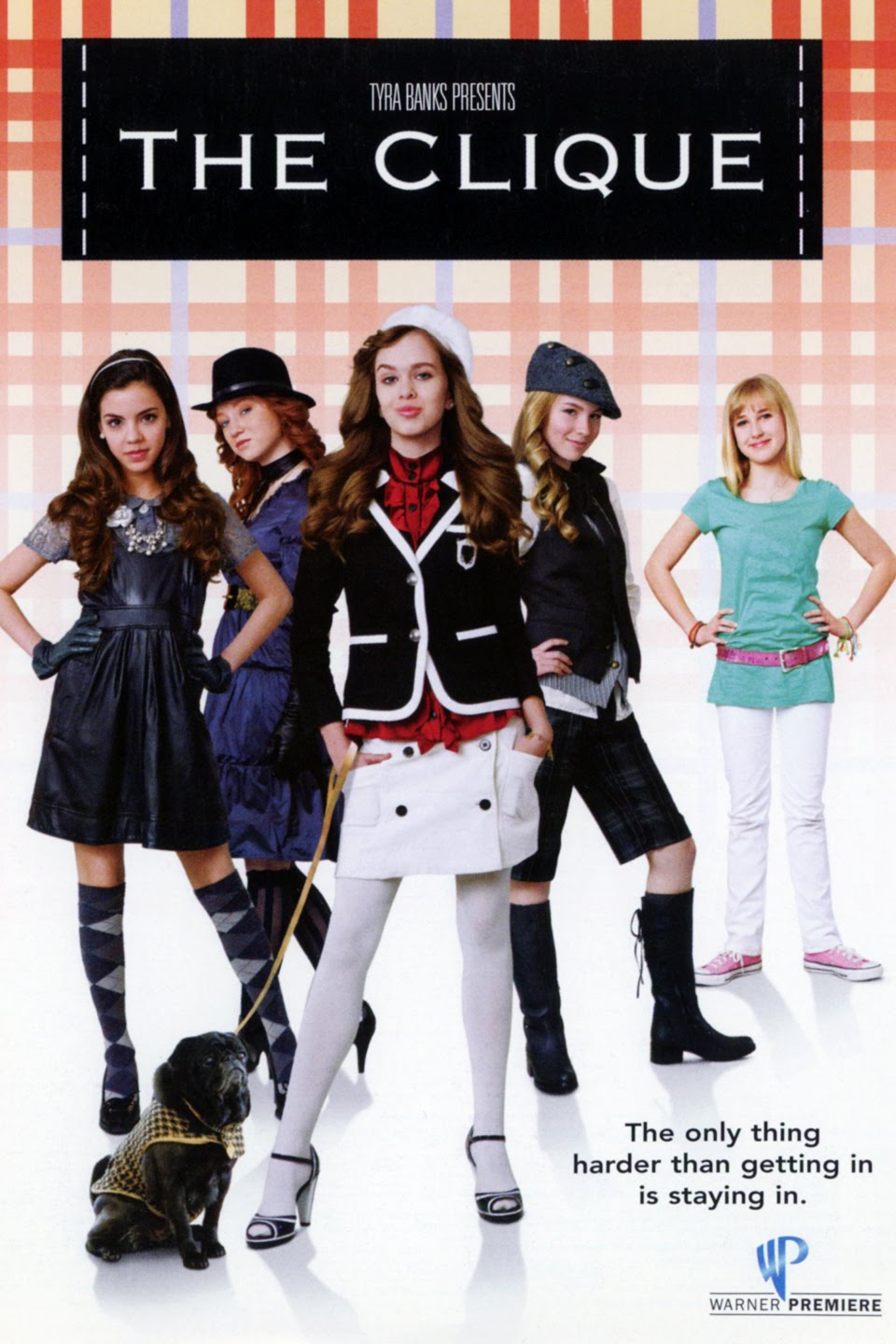I think he pinned his ears back and pkayed well in space. The dance at the end would have capped any fairy parade. My young daughters would have loved it.
This piqued my interest, so I Googled it.
Ears pinned back
Dear Word Detective: The expression “they got their ears pinned back” is sometimes used in U.S. sports contexts and seems to mean that the winning team decisively defeated the losing team. It would be the losing team that got its “ears pinned back.” A web search indicated that in the U.K., the phrase seems to have meanings relating to paying attention to someone or to be disciplined by someone. What are the roots of the notion of pinning back ears, for any purpose? — Rich Kretschmann.
That is, as we say in the word biz, a darn good question. As a matter of fact, it’s a question that’s been rattling around in the back of my own mind for several decades, but I’ve never quite gotten around to investigating it. Hey, I’ve been busy.
“To have one’s ears pinned back” means to be chastised, scolded or verbally disciplined in a very forceful manner, or, by extension, to be soundly defeated in a contest or an argument. It’s an American phrase that first appeared in the mid-19th century, and although “to have one’s ears pinned back” is by far the most common form, the Dictionary of American English also lists “to get one’s ears knocked down” and “to get one’s ears chewed down” as synonyms meaning “to receive a severe scolding.” All of these phrases are, incidentally, distinct from such sayings as “to have one’s ears lowered,” meaning to get a haircut. The British use of “pin one’s ears back” to mean “pay close attention” appears to refer to an animal raising its ears in alertness, an action also known as “pricking up” its ears.
The key to understanding “to have one’s ears pinned back” comes from the animal kingdom, where the state of a critter’s ears (especially those of horses and dogs) serves as a window into the animal’s mental state. A horse, for instance, will normally hold its ears erect, alert, presumably, for the sound of oats and apples. But when frightened or angry, the horse will put its ears back against its head, a reflex also familiar to anyone who has ever shouted at Fido for sleeping on the sofa. From an evolutionary standpoint, this reflex makes sense, as the ears are among the most vulnerable, sensitive and easily injured parts of the body. Especially in dogs, to put the ears back against the head also serves as a sign of submission to a threat (perhaps from a larger dog or angry human), an attempt to forestall an attack or physical punishment.
One slightly tricky aspect of “to have one’s ears pinned back” is that the passive voice of “pinned” makes it sound as if Aunt Becky actually does something unpleasant with clothespins to little Timmy’s ears. But “having one’s ears pinned back” really just means “to be forced into visible submission and defeat.”
Upvote
0







